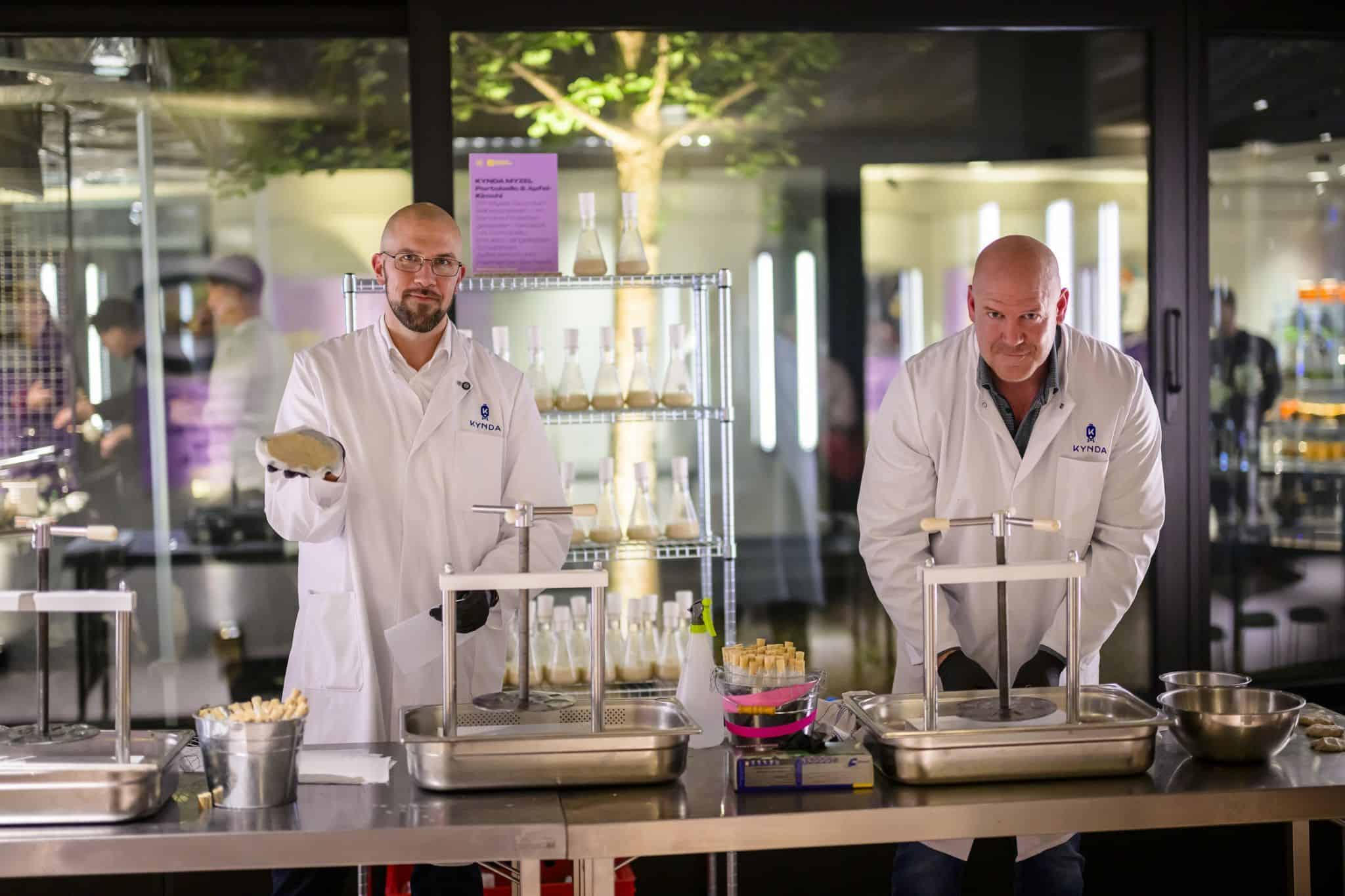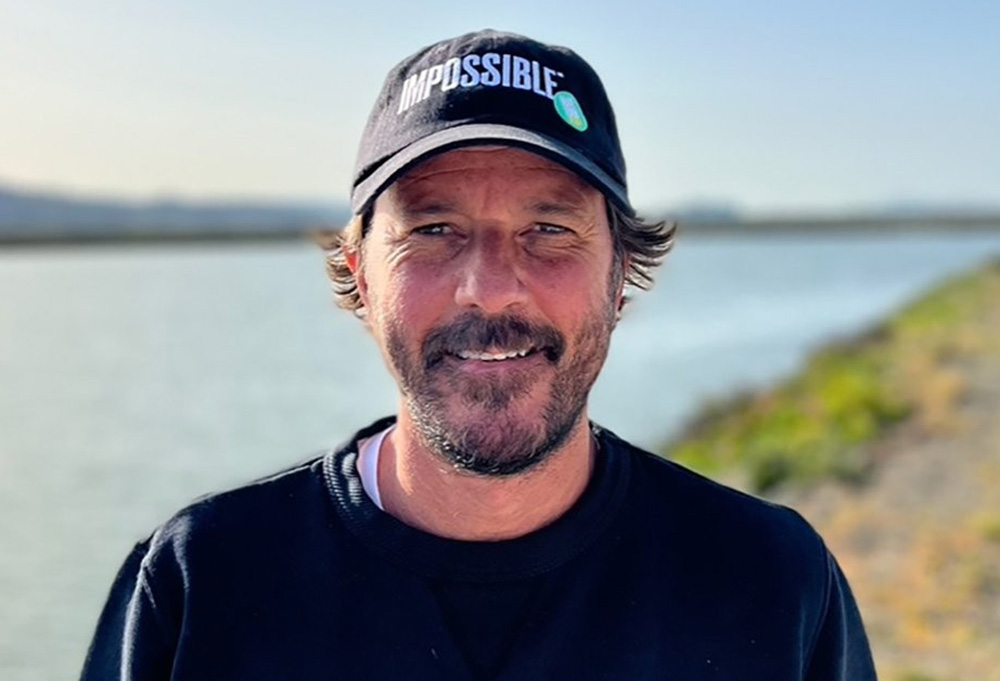

Rewe Group sets 60% plant-based goal, urges national protein strategy for Germany
Rewe Group, one of Germany’s largest food retailers, has unveiled a new protein strategy that sets a bold target: by 2035, 60% of its protein-related product volumes at REWE and PENNY Germany will come from plant-based sources. The company is also calling on the federal government to establish a national protein plan, laying out six food policy demands to help accelerate the country’s transition to more sustainable diets.
Published in July 2025, the strategy paper outlines Rewe Group’s vision for a diversified, resilient food system, aligned with both climate goals and public health priorities. With its roots in Germany and a cooperative ownership structure, Rewe sees itself as uniquely positioned to influence consumer habits and shape a more conscious food culture.
“Germany has the opportunity to become a leader in competitive, resilient, and sustainable agriculture and food systems,” the company said in the paper. “A key lever is the diversification of our protein sources.”
Rewe’s current data, collected using a method based on WWF recommendations, shows that plant-based products made up 54% of its protein-related volumes in 2024 (excluding beverages). The company aims to increase this to 60% over the next decade, using the “protein split” as a measurable indicator of progress.
The strategy is built on four core pillars: optimizing product ranges by integrating more plant-based ingredients where it makes sense, while prioritizing flavor and variety; supporting food-tech startups to strengthen a future-focused ecosystem for alternative proteins; promoting informed food choices through clear labeling, targeted product offerings, and easy access to sustainable options; and advocating for a national protein strategy to support local agriculture, environmental targets, and a standardized approach to measuring protein sources across the food sector.
“We actively support the dietary shift desired by policymakers and society,” the strategy notes. “We are taking it step by step, using our regional market structures and strategic partnerships.”
To support its corporate commitments, Rewe is calling for stronger political leadership and policy reform. The company argues that regulatory frameworks for novel foods such as cultivated meat and fermentation-derived proteins must become faster, clearer, and more science-based. Delays in approval procedures at both the EU and national level, it says, are stifling innovation and weakening investor confidence. A more reliable application of the EU’s novel food regulation would help build consumer trust and provide companies with greater planning certainty.
Rewe also emphasizes the need for increased public investment in research and development. This includes funding for infrastructure and support for startups focused on alternative proteins and food tech, as well as continued German engagement with EU research initiatives like Horizon Europe.
To support innovation in real-world settings, Rewe urges lawmakers to create legal space for “real-world laboratories” where new food technologies such as precision fermentation can be tested under practical conditions. The group calls for experimental clauses in food law, backed by clear, innovation-friendly guidelines to enable regulatory learning and further evolution of existing rules.
Another key demand is tax reform. Rewe argues that plant-based alternatives, such as plant-based milk, are currently at a disadvantage under Germany’s VAT system. A reduction in VAT on plant-based drinks to the reduced rate of 7%, already applied to many staple foods, would help level the playing field and encourage greater consumer uptake – without negatively impacting animal-based products.
The company also stresses the importance of boosting domestic protein crop production. EU Common Agricultural Policy funds and national subsidies should better support the cultivation of legumes and other protein-rich plants. Practical information and training for farmers, along with a greater focus on plant-based options in institutional catering, could help stabilize demand and strengthen supply chains.
Finally, Rewe insists that policy decisions should be grounded in science. All alternative protein technologies should be assessed on a neutral basis, without ideological bias. Proposals to ban products such as cultivated meat at the national level not only conflict with EU law, the paper warns, but also undermine innovation and restrict consumer choice.
The publication of Rewe’s strategy comes amid growing political interest in the future of food in Germany. While the current coalition agreement includes provisions for a national protein strategy, Rewe’s intervention adds momentum and urgency to the debate. It also reinforces the role of the private sector in shaping the country’s protein transition.
Clara Albrecht, Manager Public Affairs at Rewe Group, is listed as the contact for the initiative. The group, which reported external sales of more than €96 billion (around US$104 billion) in 2024, operates in 21 European countries and employs approximately 380,000 people.
If you have any questions or would like to get in touch with us, please email info@futureofproteinproduction.com

.png)


.jpg)



